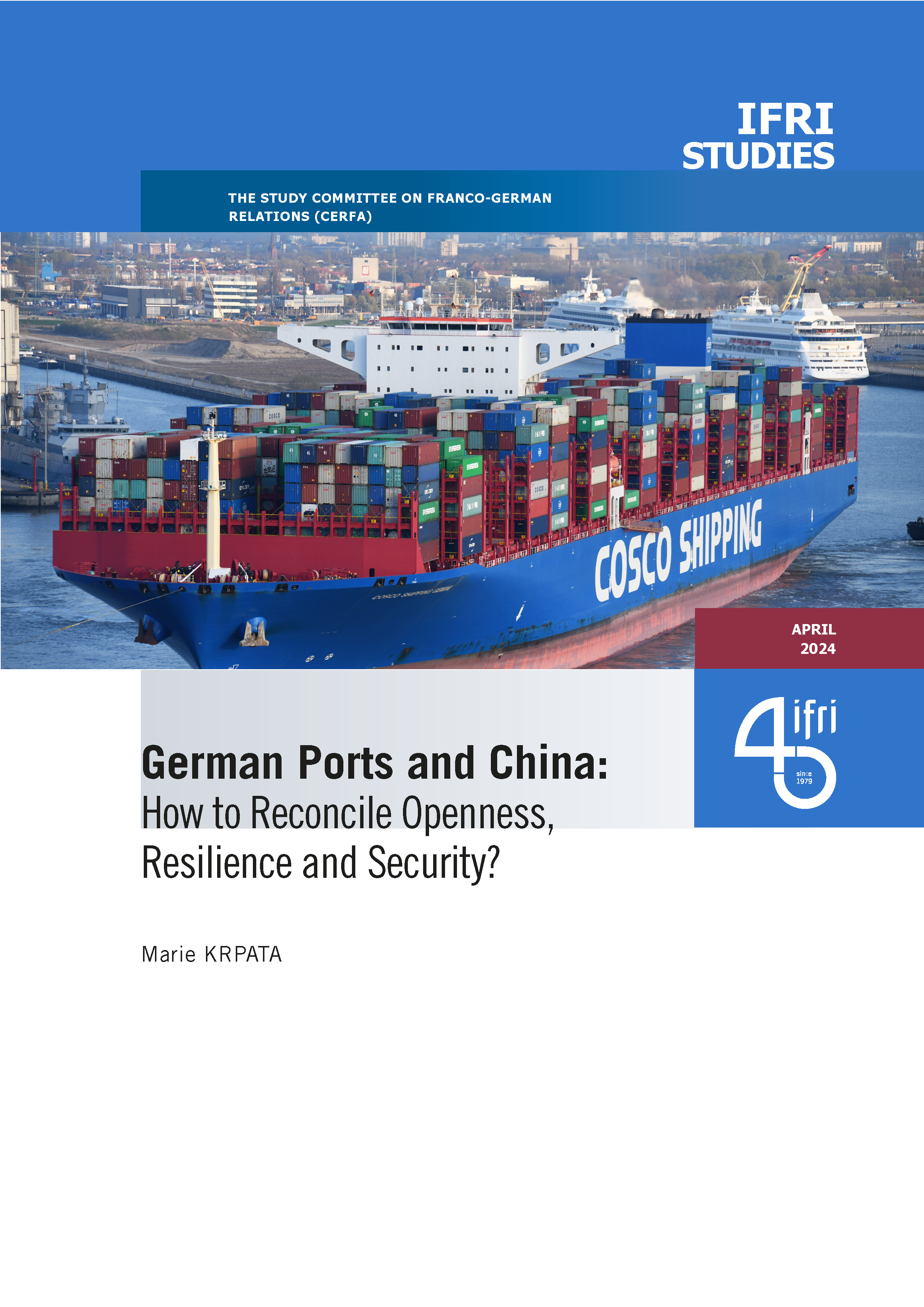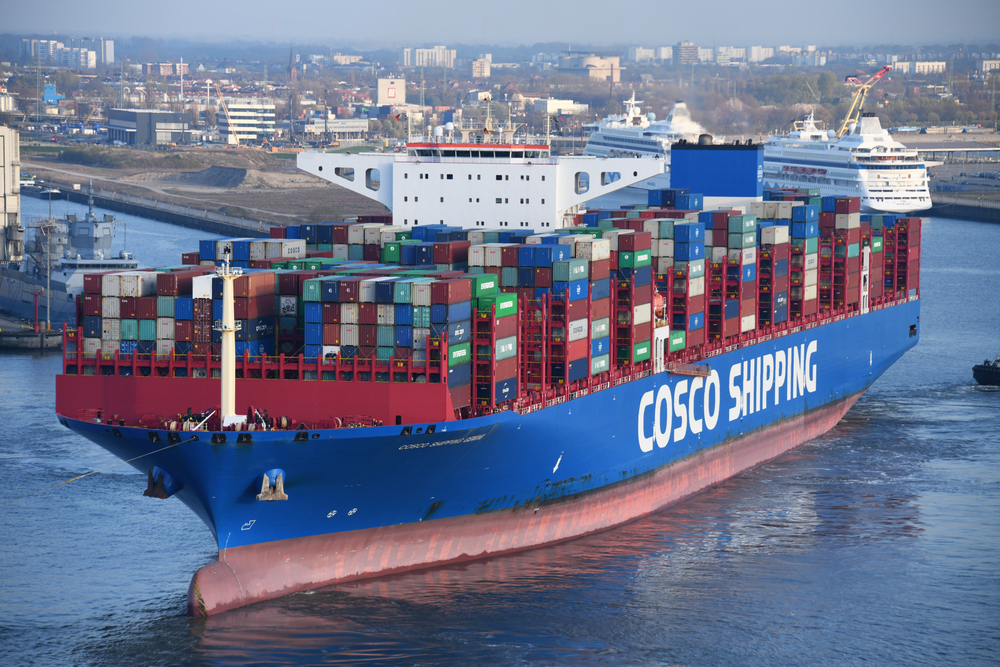German Ports and China: How to Reconcile Openness, Resilience and Security?

Germany is dependent on its ports for the smooth running of its open economic model and has benefited from globalization in recent decades when the internationalization of its value chains strengthened its competitiveness. Yet, with today’s hardening geopolitics, the vulnerabilities of Europe’s leading economic power are becoming apparent.

Germany’s ports are an indispensable interface between its production base and its export markets, as well as for its sources of supply. Crucial to its competitiveness, Germany’s ports are becoming increasingly indispensable for energy supplies given the country’s decoupling from Russian hydrocarbons, and they are essential for the deployment of military equipment to Europe’s eastern flank. This is why particular vigilance is required in ports such as Hamburg, where the Chinese shipping company COSCO has acquired a stake in the company operating the Tollerort terminal. This transaction would scarcely have worried anyone in the past. But now it is the subject of bitter discussions, with the Zeitenwende (“change of era”) announced by Olaf Scholz in reaction to Russia’s war of aggression against Ukraine.
Increased caution seemed to gain a foothold in order not to repeat past mistakes –until the German Chancellor decided in favor of the acquisition. Given closer ties between China and Russia, China’s assertive stance on the international stage, and increased pressure on Germany from its American ally to clarify its position with regard to its main trading partner, Germany is seeing its room for maneuver shrink. Today, we need a more European approach that goes beyond short-term, profit-driven concerns. But to achieve this, we need to put in place a range of resources to be deployed in a resolutely cooperative approach.
Download the full analysis
This page contains only a summary of our work. If you would like to have access to all the information from our research on the subject, you can download the full version in PDF format.
German Ports and China: How to Reconcile Openness, Resilience and Security?







